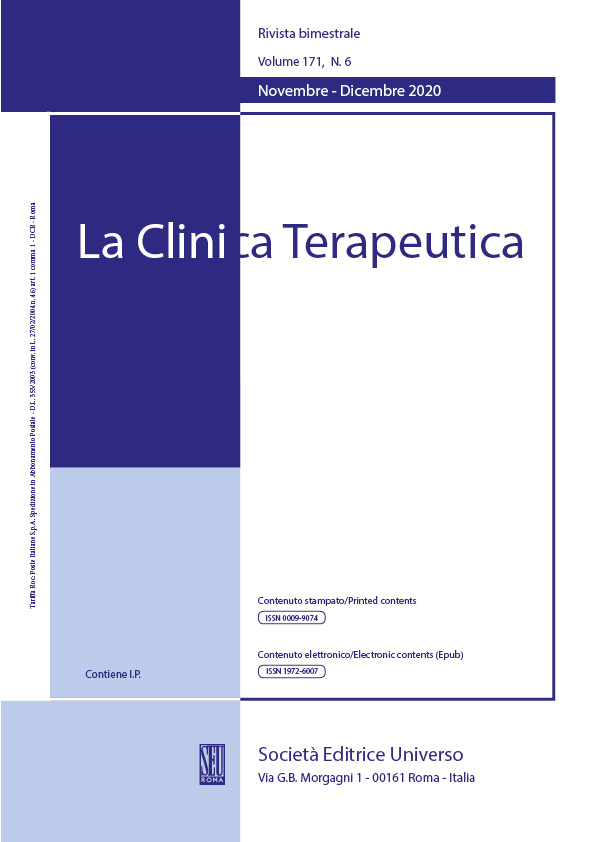Abstract
Numerous scientific studies report that listening to music can beneficially affect physical and mental health, and even expedite the healing process of traumatic conditions. One of the most noteworthy positive effects of music lies in its ability to control stress and anxiety by lowering heart rate, blood pressure and blood cortisol levels. Furthermore, music can help improve mood especially in traumatized people who are faced with a wide range of negative emotions, reducing symptoms of depression and stimulating the production of dopamine in the brain, favorably inducing sleep quality, thanks to the their relaxing action. Listening to music can stimulate brain activity and improve short-term memory and concentration, having positive effects on the healing process of traumatic pathologies. Therefore, music should be considered a complementary treatment option for people facing treatment for traumatic pathologies, also stimulating the production of endorphins in the brain and intervening on pain control, resulting in positive effects on the quality of life of the traumatized. Furthermore, music can help people express their emotions and communicate with others, providing a way to connect with the world and share similar experiences, reducing social isolation and improving emotional well-being.
